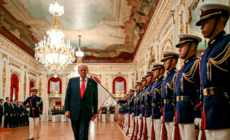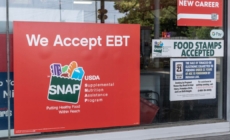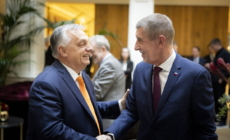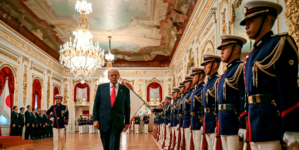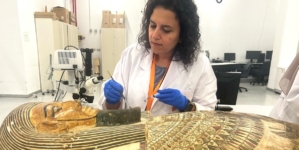-
Janaf Withholds 90,000 Tons of Crude amid Dispute with MOL - 6 mins ago
-
Contributor: California was an ‘earthly paradise’ for Jews. Is it still? - 21 mins ago
-
3 Dogs Left Alone in Living Room—Owner Films What She Comes Home To - 23 mins ago
-
Trump is feted by Asian allies he has shaken to the core - 32 mins ago
-
Sharon Stone defends Sydney Sweeney’s right to be hot amid controversy - 36 mins ago
-
Tom Brady’s Message to Lamar Jackson, J.J. McCarthy as They Return From Injury - 37 mins ago
-
A Record Number of Participants Enjoy the Scenery of Lake Balaton During the Autumn Bike Tour - 39 mins ago
-
Southern California teacher arrested on suspicion of sexually abusing multiple children, officials say - 59 mins ago
-
Half of Americans Don’t Know This Common Habit Increases Cancer Risk - about 1 hour ago
-
SNAP funding is set to lapse Nov. 1, leaving recipients empty-handed. Here’s what experts say. - about 1 hour ago
What Trump and Xi did and did not agree upon in their meeting
From fentanyl to rare earths, President Donald Trump’s highly anticipated meeting with Chinese leader Xi Jinping on the last leg of his three-country Asia tour saw the world’s two biggest economies ease their trade tensions, or at least some of them.
“A lot of finalization,” Trump told reporters on Air Force One after departing Busan, South Korea, where he met Thursday with Xi for about an hour and 40 minutes, saying he would rate the “amazing” meeting a “12” on a scale from zero to 10.
While the two leaders did not ink a finalized agreement, Trump said a deal could be signed “pretty soon” and that there were “not too many major stumbling blocks.”
Trump said that he would visit China in April, and that Xi would visit either Florida or Washington “some time after that.”
Here are the main takeaways from the summit:
Fentanyl
Trump said he was lowering fentanyl tariffs on China to 10% from 20%, effective immediately. He said that would bring the total effective tariff rate on Chinese imports to 47% from 57%.
Trump said he trusts Xi will “work very hard” to stop the illicit flow of fentanyl precursors, the chemicals used to make the deadly opioid, from China to other countries. “I think you’re going to see a big difference,” he said.
U.S. officials say China hasn’t done enough to stop the illegal export of the precursor ingredients, which are processed into fentanyl in Mexican labs and then smuggled into the U.S.
China has rejected the accusations, calling its anti-fentanyl efforts the “most relentless” in the world.
Rare earth materials
A key issue in U.S.-China trade negotiations has been rare earth materials, which are crucial for making magnets that go in everything from turbines to electric vehicles.
China, which has a near monopoly on the global supply, rattled automakers around the world when it imposed strict export controls on the materials, saying it was trying to snuff out their military use, and has since used them as a powerful bargaining chip in trade talks.
Trump said Xi had agreed to a one-year reprieve on the curbs that is likely to be “routinely extended.”
“All of the rare earth has been settled, and that’s for the world,” he said. A White House official standing alongside Trump said that he and Xi had come to “an understanding,” and that China is “not going to impose the rare earth controls that they proposed.”
Analysts say even though the U.S. is pushing to reduce its reliance on China for the materials — with Trump signing critical minerals agreements with Thailand, Malaysia and Japan on this trip — it will be a while before that happens.
“Building new mines and, especially, expanding processing capacity — which is the real bottleneck — requires years of sustained effort and substantial investment,” Patrik Andersson, an analyst at the Swedish National China Centre at the Swedish Institute of International Affairs, told NBC News.
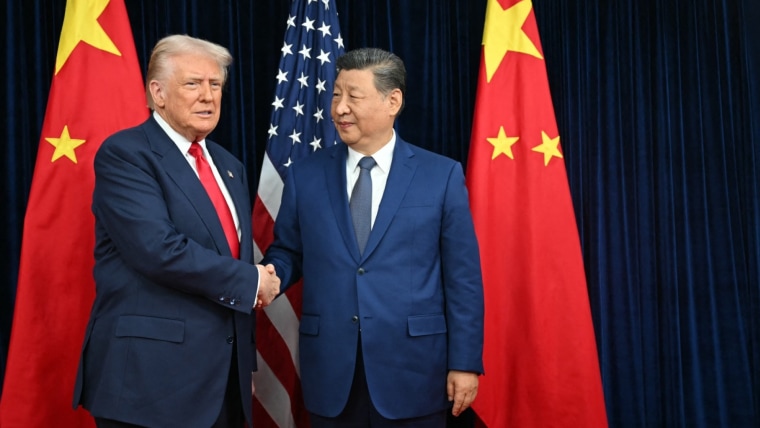
Soybeans
Trump said China, which resumed purchases of U.S. soybeans ahead of the meeting after having boycotted them for months, would purchase “large, tremendous amounts of soybeans and other farm products.”
The halt in purchases from China, the biggest market for U.S. soybeans, has been a major pain point for American farmers, who have been pressing the Trump administration to resolve the issue. China had not purchased any U.S. soybeans since May, sourcing instead from South American countries such as Argentina and Brazil.
Ukraine
Trump has long vowed to broker an end to the war in Ukraine, but after facing resistance from Russia, he has turned to the Kremlin’s close partners for help: India and China.
The U.S. and China will “work together” on ending the war between Russia and Ukraine, Trump said, adding, “Ukraine came up very strongly, we talked about it for a long time.”
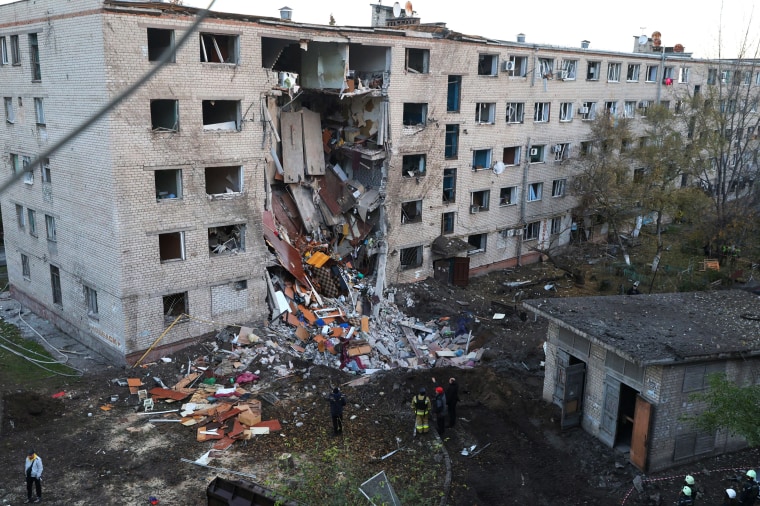
“We’re both going to work together to see if we can get something done,” he said.
No TikTok, Taiwan or Nvidia
Trump made no mention of TikTok, despite earlier signals from the White House that he and Xi might finalize an agreement on the sale of the Chinese-owned app’s U.S. operations as required by U.S. law.
Asked about Taiwan, Trump told reporters that he and Xi didn’t talk about the Beijing-claimed island democracy during their meeting. “Taiwan never came up,” he said. “It was not discussed, actually.”
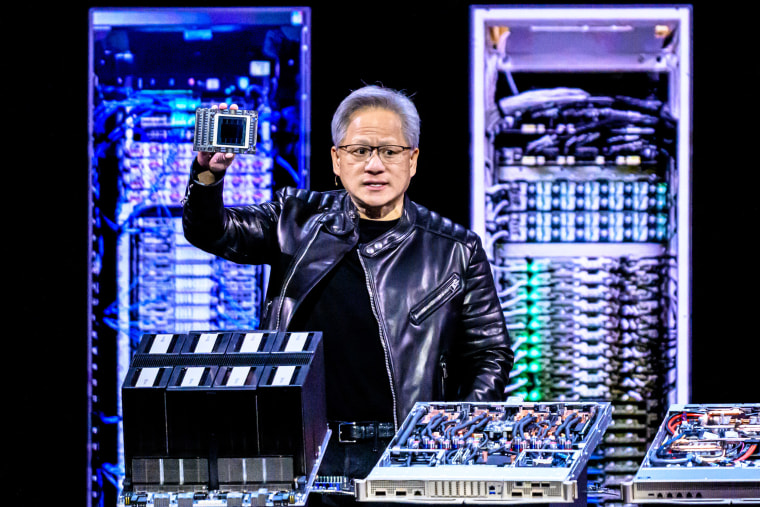
And when it came to the American artificial intelligence giant Nvidia, which on Wednesday became the first company to be worth $5 trillion, Trump said there was no discussion as to whether the U.S. would further relax its export curbs to allow the export of Nvidia’s latest chips, called Blackwell.
“We’re not talking about Blackwell chips,” Trump said.
The U.S. currently allows limited exports of the older, H20 GPU chips, which are a modified version specially designed for the Chinese market.
Source link



